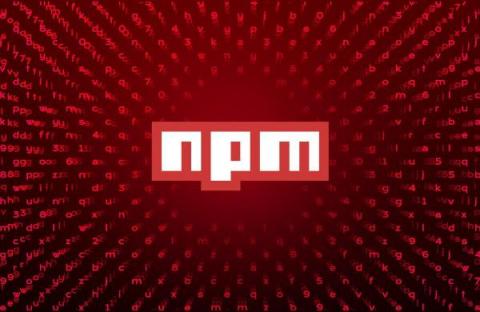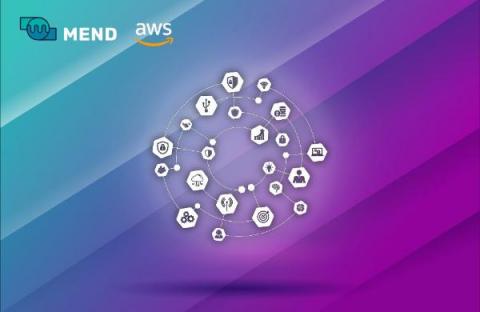How to Prepare for the Next Zero-Day Attack
Sudden, unexpected, and potentially very damaging. Zero-day attacks are the perfect storm for malicious actors and one of the worst-case scenarios for developers, security professionals, and DevOps teams. Yet it’s not all bad news for those charged with protecting your code, software, and applications, as long as you expect the unexpected and prepare for it. Building a fast, effective mitigation response for zero-day attacks starts with these three tactics.











